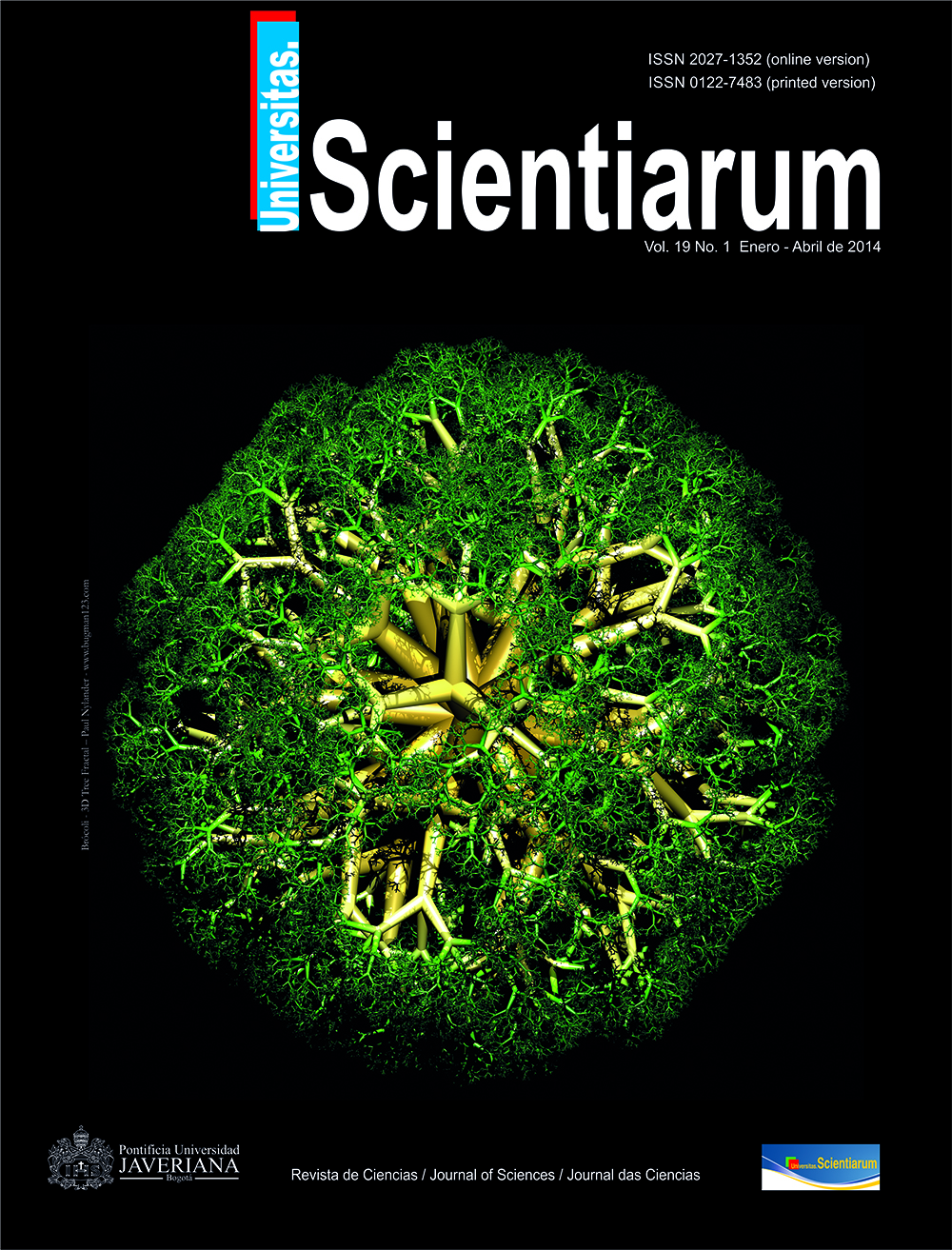Abstract
Bacteria easily acquire resistance to antimicrobial agents; this reduces the number of effective antibiotics available to treat bacterial infections. Food contamination by bacteria also generates important economic losses and health risks. Products for human consumption must be free of antibiotics used in clinical treatments, and the control of bacteria with antimicrobials is strictly regulated; however, there is a lack of development of new antibiotics. As a result, the development of new antimicrobial strategies is vital. Viruses that infect bacteria called bacteriophages (phages) have been proposed as an alternative treatment in an approach known as phage-therapy. Several studies have evaluated and demonstrated their effectiveness against pathogenic bacteria; currently, there are private companies dedicated to the development of new products based on phage cocktails, to control some bacterial infections. In Colombia, there is no previous information about the use of phages, but phage-therapy represents a great opportunity to use the diversity of the native microbiota. In this review, we present the perspectives for phage-therapy in Colombia as a treatment against bacterial infections.
Univ. Sci. is registered under a Creative Commons Attribution 4.0 International Public License. Thus, this work may be reproduced, distributed, and publicly shared in digital format, as long as the names of the authors and Pontificia Universidad Javeriana are acknowledged. Others are allowed to quote, adapt, transform, auto-archive, republish, and create based on this material, for any purpose (even commercial ones), provided the authorship is duly acknowledged, a link to the original work is provided, and it is specified if changes have been made. Pontificia Universidad Javeriana does not hold the rights of published works and the authors are solely responsible for the contents of their works; they keep the moral, intellectual, privacy, and publicity rights. Approving the intervention of the work (review, copy-editing, translation, layout) and the following outreach, are granted through an use license and not through an assignment of rights. This means the journal and Pontificia Universidad Javeriana cannot be held responsible for any ethical malpractice by the authors. As a consequence of the protection granted by the use license, the journal is not required to publish recantations or modify information already published, unless the errata stems from the editorial management process. Publishing contents in this journal does not generate royalties for contributors.



